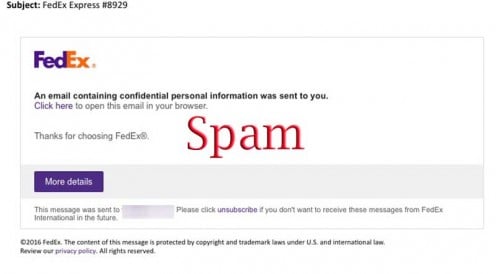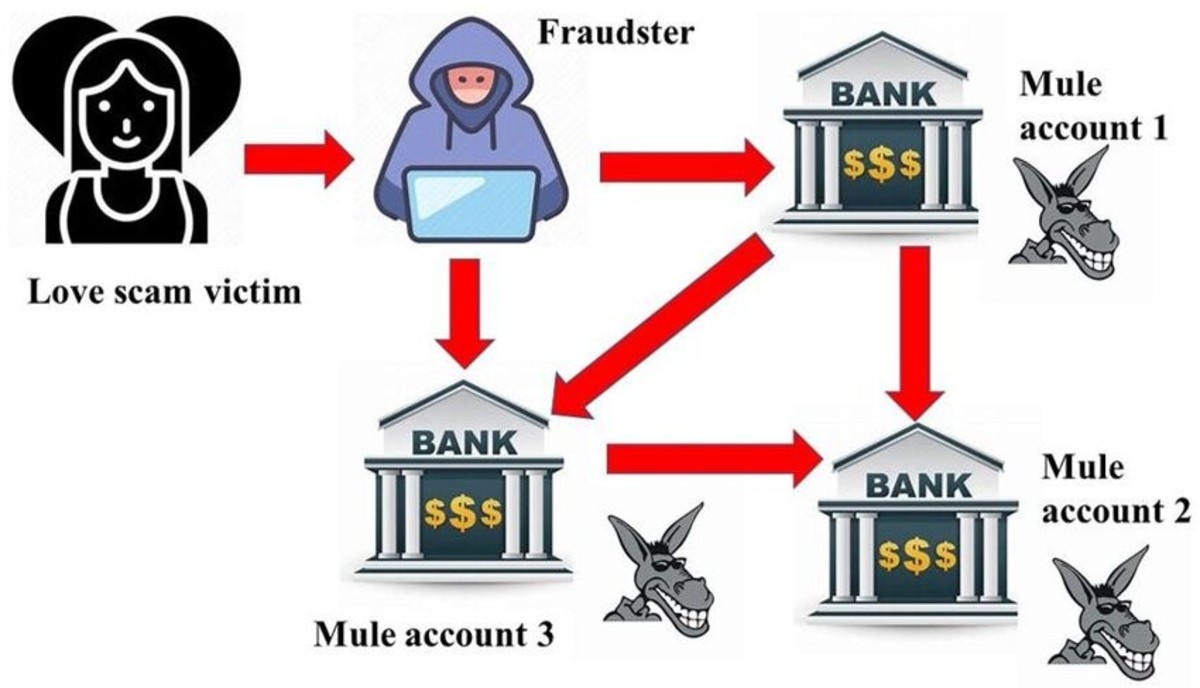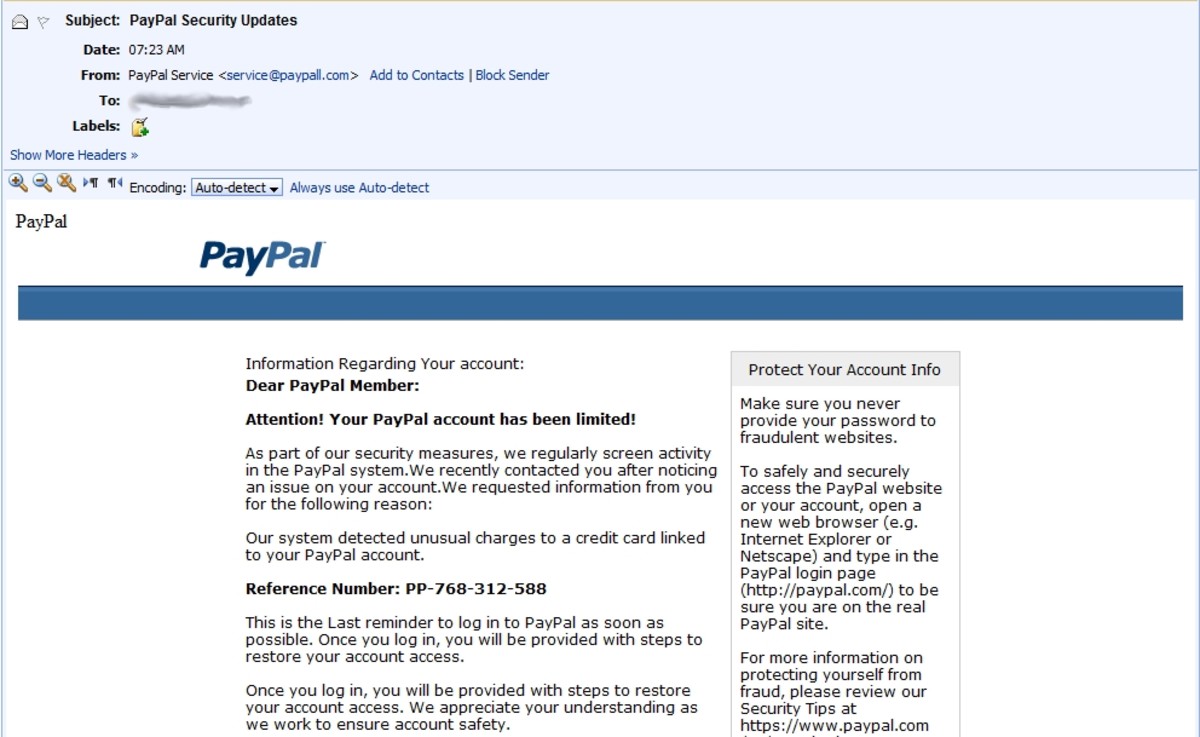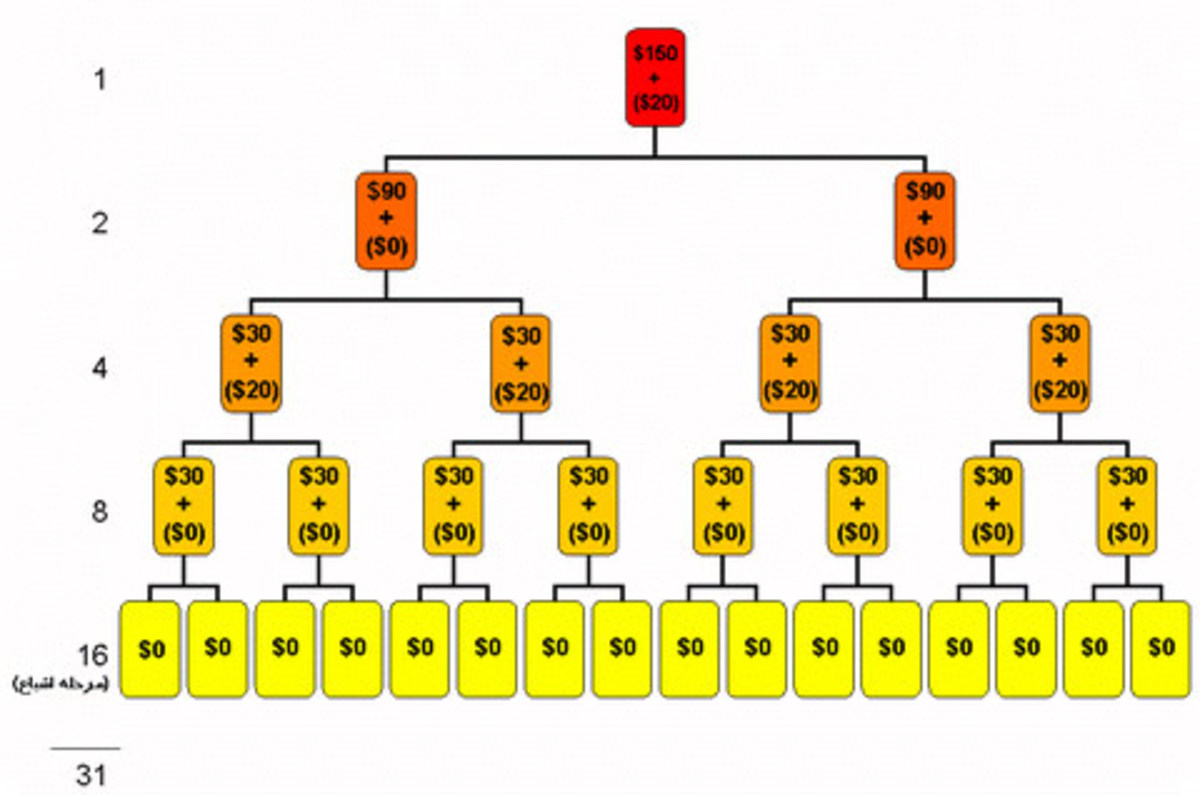Serious Scam Threats to Watch Out for in 2019

With the proliferation of digital technology, the number of people falling victim to online scammers has increased substantially.
According to DataFlaq, spam-related emails comprised around half of the global email traffic in 2018.
A few other shocking digital fraud statistics recorded in 2018 include:
-
Mobile phone-related scam calls increased by 25 per cent between 2017 and 2018
- In 2018, over 30,000 people fell victim to Internet scams before August
-
Over 115 million fake mobile applications were downloaded in 2018 designed to inject ad generating malware
- Over 600 people were convicted of conducting healthcare-related fraud operations that netted $2 billion in total in 2018
-
Between 2017 and 2018, 63 per cent of online businesses suffered loss due to fraud

We Can Expect Things to Get Worse and More Frequent in 2019
What is important to understand is that many online scammers are pseudo-crackers (the appropriate term for a cybercriminal - not “hacker” as is most often assumed) who simply purchase cracking software from black-hat programmers on the dark web.
This means that cybercriminals don’t need to have programming skills to deploy such programs; they only need to be proficient at “social hacking,” which is the act of manipulating consumers trust so that potential victims click on phishing links or download harmful programs.
Since these scammers don’t have to make the programs themselves, they can act quickly to exploit weaknesses online.
A good way to see it is like this: black-hat programmers don’t want to risk getting exposed using their programs to scam victims.
Additionally, one black-hat “hacker” can only scam so many people on their own.
For them, it’s far more lucrative to constantly search for weaknesses in the digital world, create programs that exploit those weaknesses, and then sell them for thousands of dollars to professional scammers.
With dark web markets that sell such “hacking” programs growing in number, we can expect things to get a lot worse and more frequent in 2019.
This article hopes to educate the reader about the top scams - mostly online - to watch out for in 2019.

Internal Revenue Service Impersonation Scam
Scammers are always looking for methods to rob people of their money.
Their scheme revolves around trying to seem as legit and official as possible to catch victims off guard.
Nothing is more official than a federal institution, and even though it should be common knowledge that there are thousands of scammers out there impersonating everything from law enforcement to insurance companies, plenty of people are still falling victim to such ploys.
Even though scammers have been impersonating the IRS for years by now, they’re changing how they deploy their scheme, hoping to throw people off.
Earlier this year, the Treasury Inspector General for Tax Administration (TIGTA) has issued an alert warning people of a new IRS impersonation scam and involves contacting targets via mobile phone.
According to Tax Defense Partners, scammers call potential victims claiming to be an employee of the IRS.
Claiming that the target of the scam owes the IRS, these IRS imposters will usually request the victim to make payment using Reloadit Prepaid Debit Cards, MoneyPak Prepaid Cards, Green Dot Prepaid Cards, iTunes Gift Cards, among others.

Facebook Scams
To understand Facebook fraud protection, recognize the meaning
It's a good thing to know how Facebook fraud protection works and how it's linked to social media fraud.
Social media fraud involves things such as data fraud, which relates to other types of cyber-related crimes like identity theft and identity fraud.
The United States Department of Justice defines the latter two as "all types of crime in which someone wrongfully obtains and uses another person's data in some way that involves fraud or deception, typically for economic gain."
Most data fraud is a result of various kinds of data breaches and could range from anything such as financial information (credit card information, bank account information, escrow account information, and so on) to company secrets, such as product prototype schematics.
However, the most common data breaches usually occur over social media because of social media users becoming too trusting of others or because they fail to follow suggested security measures.
As for scams that are trending on Facebook at the moment, here is a short list of the key scams targeting unsuspecting users.
"See Who's Viewed Your Profile"
This type of scam is considered "click bait" since it's designed to bait you into clicking the link before thinking twice.
These sort of clickable links usually mimic an official Facebook link in the event you someone who usually avoids clicking random links.
On the more innocent side of the gambit, the links lead you to a survey, product offer, or a fake content site that asks you to fill out a form of some kind using your email address or phone number.
The owners of these scam sites will then sell your email address and phone number to marketing agencies.
The more insidious version of this click bait scam is where the link clandestinely downloads malware onto the victim's computer and either steals data from the hard drive or holds it for ransom.
Remember: Facebook doesn't care who has been looking at your profile like LinkedIn does.
"See Who's Blocked You"
Just in case you don’t care about who’s been viewing your Facebook profile, you might be interested in knowing who blocked you (though I’m sure you would already be aware of who blocked you since they blocked you for a reason, namely something you did to them).
The whole idea is pretty much a repeat of the above scam, so there is no need to rehash it all over again. And if you think about it - it’s a really lame attempt at tricking someone.
Pathetic, actually.
Facebook "Video" Promotion
Scammers know that if people aren’t interested in knowing who viewed their profile or blocked them, they’re definitely interested in increasing the number of “likes” and “follows” they get.
The Facebook “video” promotion scam is yet another clickbait scheme.
Those who fall victim of their inner ego and click on the link hoping to get a free social media video promotion only end up becoming a victim of a hacker who used the link to inject your computer with malware or a trojan virus.
If you’re lucky, all they actually wanted was to trick you into giving them your email address or phone number as a way to “verify your account” before processing your video.
To learn more about Facebook scams, visit Facebook’s “Avoid Spam and Scams” page.

FedEx “Noreplytrackingupdate” Phishing Email Scam
Though this phishing scam started last year sometime, apparently there are enough gullible people still falling for it because cybercriminals are still using it in 2019.
According to MailGuard, “MailGuard found the emails were actually sent from one of 5 compromised accounts belonging to a US University.
“The body of the email advises recipients that their shipment is scheduled for delivery. A link is provided to "Sign and reconfirm delivery’ address.”
Unsuspecting victims who click on the phishing link are redirected to a fake FedEx "sign-in" page and asked to sign in.
However, each sign-in attempt is met by an error message saying that the password you entered is incorrect.
This is because there is no FedEx website on the other end.
The scammers are only stringing you along so they can steal your password and hack your account.
Depending on how talented they are at social engineering and cracking, that single slip of yours can lead them to your bank accounts, credit card accounts, PayPal account, and more.
They will either use it for themselves or sell the data on the dark web to a more "end-user" type of cybercriminal.
This content is accurate and true to the best of the author’s knowledge and is not meant to substitute for formal and individualized advice from a qualified professional.
© 2019 Sarah Draper








